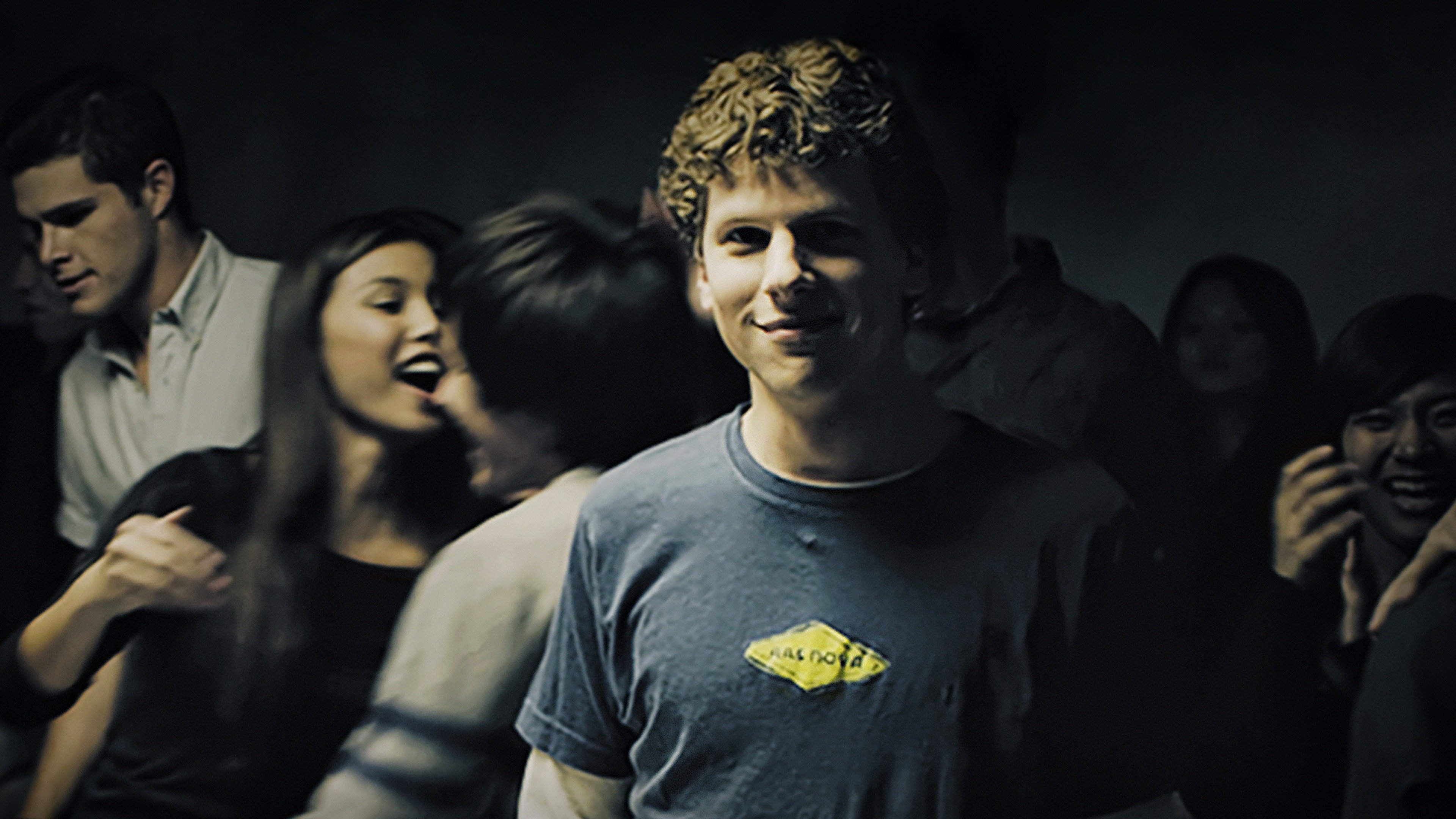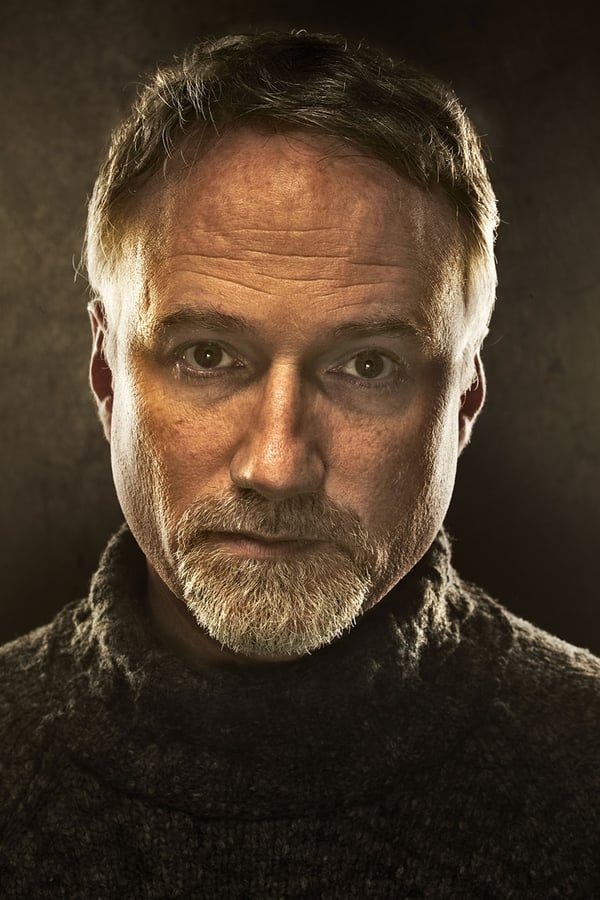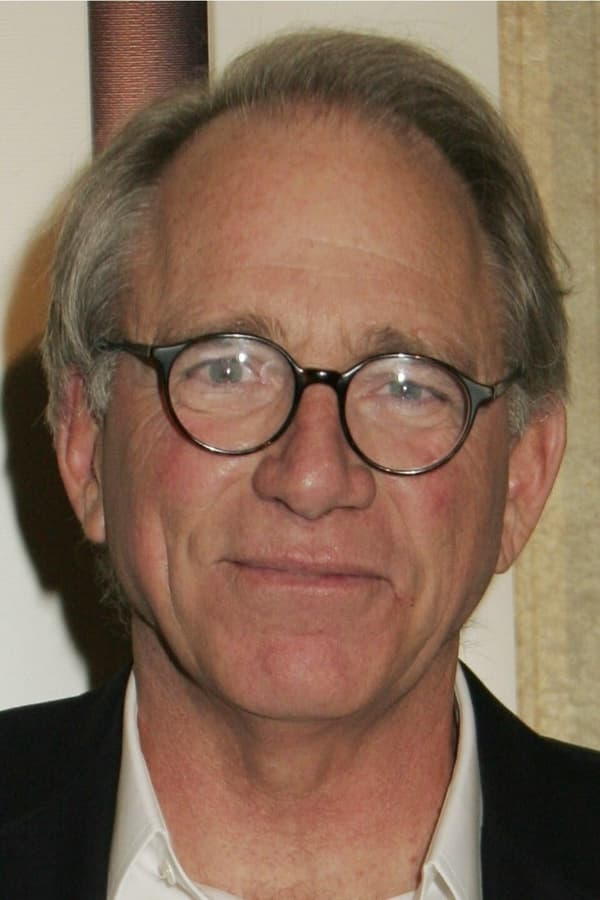Incluvie Foundation Gala - Learn More



The Social Network (2010)


Incluvie Related Articles
There’s No Way That Spider-Man: No Way Home Hits Home
December 20, 2021The year is 2002. The anticipation is high. All Marvel fans are dying of excitement. Their favourite webslinger is coming to silver screens. He’s been the subject of many animated shows over the years, and now Tobey Maguire is set to don the blue and red costume and swing through New York as he rescues his crush Mary Jane, to be played by Kirsten Dunst. Sam Raimi’s film releases and exceeds all expectations. Fans are already sure this will go down in the hall of fame of comic book films. And what’s more, it becomes a trilogy! By the third one, it’s understandable why there can’t be any more, because it’s run its ground and it’s impossible to return after the Bully Maguire memes made a mockery of the third installment. And a decade after the first Spider-Man, another up-and-coming actor, who’s just starred in Oscar-winning film The Social Network, comes back as the beloved hero. He’s naturally broody, lanky, and has the perfect athleticism for the character, but this time there’s mixed anticipation because some won’t move on from the trilogy, and some feel this could be even better. Unfortunately, there’s a pacing issue and a darkness issue, and Spider-Man's essence is lost in the tragedy, which is, to be honest, the biggest tragedy, because Garfield’s vibe is much closer to Spider-Man, and his Peter is just the right balance between nerd and dork. After two movies, it’s shelved, and fans are starting to give up on the idea of a good closure for Spidey. But then the biggest phenomenon in comic book cinema happens, and in Captain America: Civil War, we meet the latest man to play the character. He fits the bill in every way. He’s just as comic and awkward and funky and nerdy and charming as Peter Parker, and he looks like a sixteen-year-old. And five years after his introduction, near Christmas, comes the most ambitious Spider-Man live-action project, the film that’ll hopefully provide the closure fans needed. But unlike its predecessors, it lacks heart, so forget about closure, you won’t even remember the film beyond the unforgettable fan service that Spiderman: No Way Home does for the fans, as pointed out by Daleyna in her review. It's chock full of dream-come-true moments for Spidey fans, but its lack of substance reeks of a self-indulgence that is rare even in fan fiction.
So why did I just revisit the journey? Because that’s what Spider-Man: No Way Home wants me to do! It even alludes to the film I left out, the only film based on Marvel Comics to win a Best Picture Academy Award, Spider-Man: Into the Spider-Verse, but we’ll come to that one later. The weight of the entire emotional journey of 19 years is unnecessarily taken on its shoulders by the latest MCU film, and as expected, it can’t carry it. Firstly, just to get this out of the way, Uncle Ben from the original trilogy owns that line, and you either quote it, or don’t say it, but making Aunt May say a modified version of the great responsibility line, is extremely tacky, especially once you realize they’re trying to recreate the original scene by making her die right after. Uncle Ben has died in both of the previous movies' series, and in both, an expected response was elicited from the characters, but Tom’s Spider-Man isn’t sure what to feel! Yes, he’s always had issues with articulation as seen in the adorable conversation with Zendaya’s Michelle on the bridge, but he’s at least had a fleshed-out personality. Here, he seems to need to unravel but is somehow not allowed to. You can feel a certain tension in his character development, in the sense that its lack is hampering his accessibility. He’s angry, but absolutely reserved about it, he goes from crying on a rooftop to geeking out with his counterparts from the previous installments as if we can just shelf the tragedy for the moment to give the audience the fun it’s been waiting for, and altogether, his characterization is simply messy. Even the sacrifice at the end seems to come from a need from the storytellers to have him lose everything, to bring him up to speed with the tragic atmosphere from the previous films, and though it does succeed in crushing the soul, it doesn’t offer enough explanation. Whenever Dr. Strange is involved, only unbelievably ruinous consequences are on the table, it seems, that are supposed to be accepted because magic is an unknown realm we shouldn’t try to comprehend beyond the minimum information that’s offered.
The introduction of every Spider-Man villain ever, is an unnecessary move to appease the fans. Of course, we want our buddy cop moment of Garfield and Maguire and Holland all fighting Green Goblin, Doc Oc, Lizard, Electro, and Sandman, but does that really justify doing it? The Spider-Men themselves had messy arcs but that reflects on their essence of being a very common person, representing the regular making-do, despite having superpowers, and yet they did have some conclusion. Letting Andrew's Peter catch Zendaya is an absolute joke, and no one even takes it as a sincere attempt at closure, so it's again a crowd-pleasing tactic, which this movie doesn't seem to lack. The same argument about conclusions goes for the supervillains as well. All of them had properly concluded stories, whether the conclusions felt organic or not. And reviving the old lore, to make Spider-Man into his Mother Theresa version we all knew was lurking under the surface, couldn’t have been done worse. There’s no emotional journey for the characters. And that’s primarily because they aren’t at junctures, they’re literally reappearing after their stories have ended. None of them seem to need to be cured, and even after they are, there’s no honest reconciliation, and it’s just an end to another Avengers: Endgame-scale affair. This is where Spider-Man: Into the Spider-Verse comes into play. There are 6 versions of Spider-Man in that film, a black kid, a white man, a young woman, a little girl from the future, a black and white Nic Cage voiceover, and a pig. Why does this ragtag team make a more compelling case? Simple. They’re all at transition points or stuck, and their role in the life of Miles Morales actually reflects on themselves and helps them grow. It’s an emotional journey on top of a cosmic scale plot. In fact, despite being decidedly more lighthearted than Sony’s other Spider-Man ventures, the animated feature actually justified making such a big deal about the characters, and that’s the kind of satisfaction you’d hope for, from Spider-Man: No Way Home. Unfortunately, the latter is only a bunch of dream-come-true moments with barely anything real to say about the world or about the characters. It’s just there as 'a love-letter to the fans', to quote Daleyna’s review I cited earlier.
Pictures and Videos

Movie Information
In 2003, Harvard undergrad and computer programmer Mark Zuckerberg begins work on a new concept that eventually turns into the global social network known as Facebook. Six years later, Mark is one of the youngest billionaires ever, but his unprecedented success leads to both personal and legal complications when he ends up on the receiving end of two lawsuits, one involving his former friend.
Cast

David Fincher
Director

David Fincher
Director

Jesse Eisenberg
Mark Zuckerberg

Andrew Garfield
Eduardo Saverin

Armie Hammer
Cameron Winklevoss / Tyler Winklevoss

Josh Pence
Tyler Winklevoss (Body Double)

Justin Timberlake
Sean Parker

Max Minghella
Divya Narendra

Brenda Song
Christy Ling

Rashida Jones
Marylin Delpy

John Getz
Sy

David Selby
Gage

Denise Grayson
Gretchen
Articles You May Like
Erik Was Right: Revisiting Magneto In a Post-Killmonger World
Gus Van Sant's Constant Thematic and Cinematic Elements
The differences in these films could not be more blatant, and yet Gus Van Sant has found a way to portray the same messages and use the same techniques in each.



